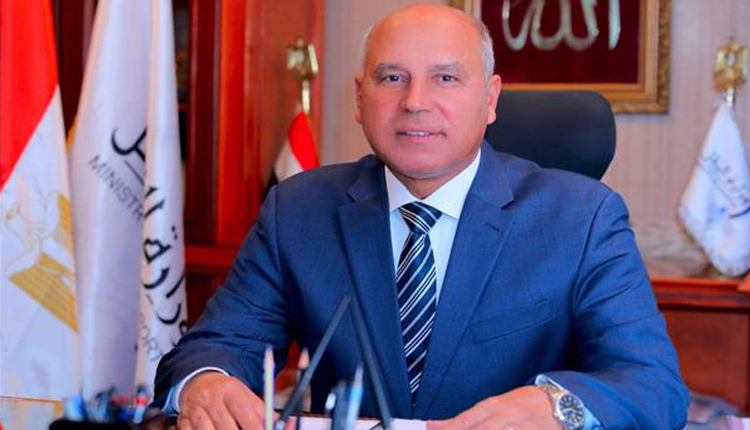Ongoing efforts to reduce overcrowding in Cairo metro – minister
Egypt’s Transport Minister Kamel El-Wazir said efforts are ongoing to reduce crowding in the Cairo metro, adding that it’s difficult to shut it down, Ahram Online reported on Saturday.
The minister urged people who do not have vital jobs to stay at home.
“We are not denying there has been congestion in the Cairo metro, and in Abu Qir Train in Alexandria, and in all the trains available,” El-Wazir said on Friday in a phone call with MBC Masr satellite channel.
“It is very difficult to close the metro. It transports millions of passengers every day. It is a clean, safe and easy to control and sterilise mode of transportation, and it’s affordable for almost everyone,” he added.
The transportation minister explained that the three lines of the Cairo metro have 64 trains and carry around three million passengers per day. Line 1 (Helwan – El Marg) has 34 trains and carries around 1.5 million passengers per day.
El-Wazir said the three million passengers can be reduced to a million after the state reduced the number of employees in some institutions and if we assume that only employees take the metro twice a day, to and from work.”
Before imposing the coronavirus curfew, “the metro was operated for 18 hours a day and it was easier to transport all those passengers,” El-Wazir said, adding that “when all the employees leave work at the same time – typically at 5 – and they all want to be at home before the curfew starts at 7 pm, then the metro has just two hours to transport a million passengers.”
After Egypt imposed on Tuesday a two-week curfew from 7 pm to 6 am over coronavirus fears, the metro’s operating hours were reduced to be from 6 am to around 6:30 pm.
The regular operating hours of the metro were from 5:30 am till 1 am the following day.
The transport minister suggested that people should better leave work “in waves” (some should leave at 3 pm, others at 3:30 pm, etc..) instead of having everyone in the metro between 5 and 7, to decrease the congestion.
El-Wazir also called for reducing the presence of workers in “unnecessary jobs.”
He argued that some places like vital construction projects, some factories, pharmacies and productive sites cannot be closed.
“People should only go to vital and necessary jobs, the rest should stay home until the country recovers,” he said.
The transport minister said that it is possible to force people to stay home, but the state doesn’t want to do that.
“We don’t want to force people to stay at home, I think [Egyptians] are conscious and understanding and will stay at home on their own.”
Efforts to eliminate overcrowding in the metro
El-Wazir said that the number of trains in each line was increased in order to overcome congestion, and the teleportation time between trains was reduced from four to around two minutes.
The minister explained that in some cases people may arrive at their designated station after 7 pm (the beginning of the curfew). If the train leaves from one station (El-Marg for instance) at 6 pm, it will arrive to the other (Helwan) at 7 or 7:15 pm.
“We coordinated with the interior ministry to let citizens walk in the areas around the terminal of each line after curfew time till they reach home,” El-Wazir said.
Overcrowding in trains
On overcrowding in some trains, the minister said at the ministry increased the number of trains and carriages and decreased teleportation time in between trains.
He added that some people bought their tickets more than 14 days ago, and they have work duties, so they cannot return the tickets or postpone their travel.
El-Wazir said the ministry coordinated with the interior minister to permit the movement of passengers of some trains during curfew hours, especially the trains from Aswan to Cairo and vice versa as the trip can take between 15 and 16 hours.
He added that to handle the problem in the early days of the curfew, the ministry sent “SuperJet” buses to Ramsis station to transport people who come to Cairo to other main squares for free.


